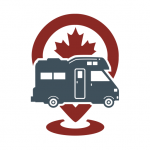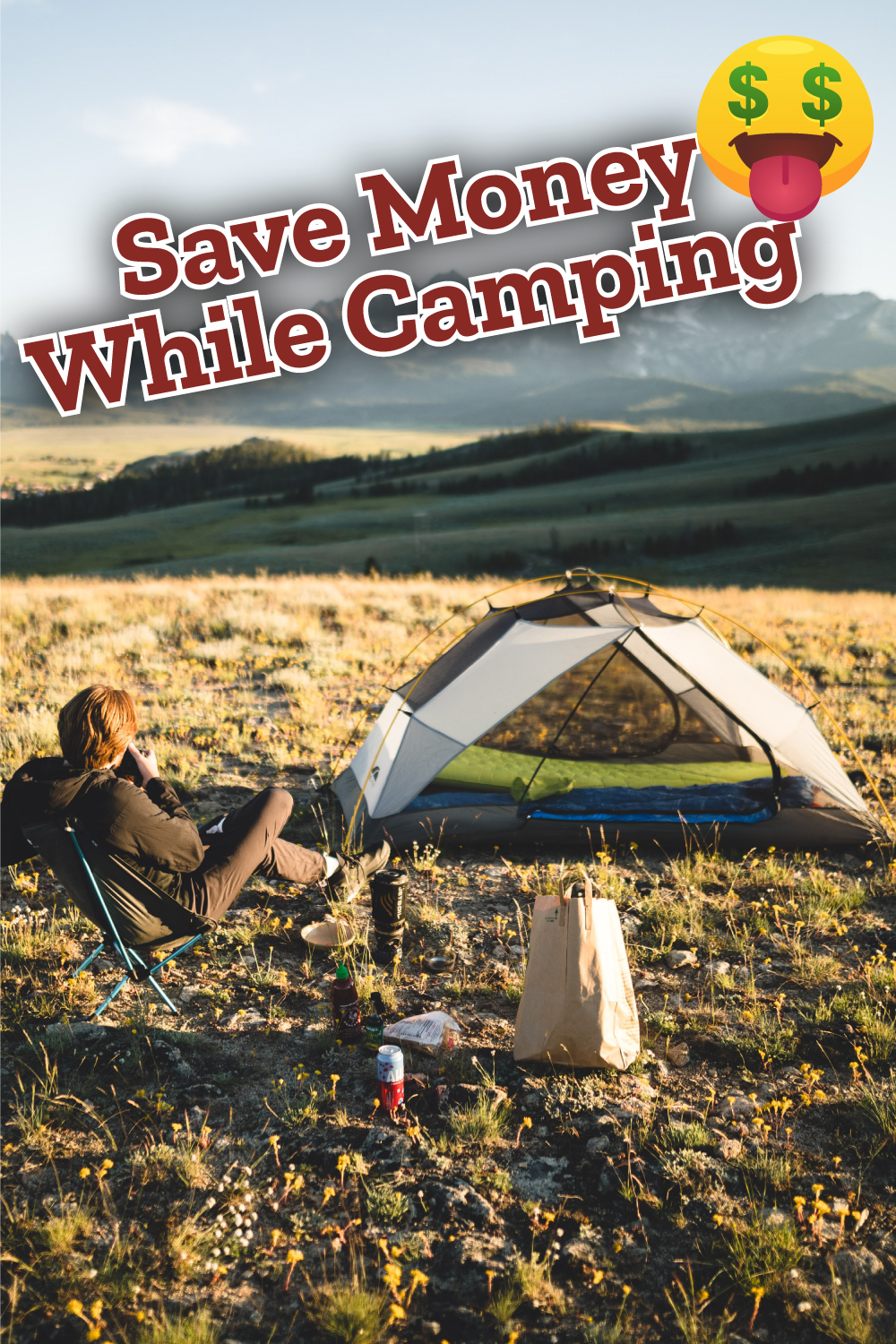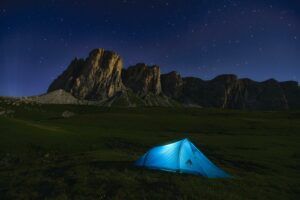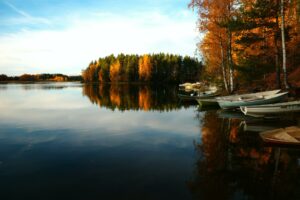The weather gets warmer, the sky sunnier, and the days longer. Summer is almost upon us and camping season is here yet again. However, like many other outdoor activities, camping is not always cheap. Yes, it is a cheaper alternative to renting a cottage or Airbnb or even a road trip, however in order to make the most of your camping experience it’s all about getting the most for the buck.
What To Invest In?
To camp on a budget, you have to get the biggest bang for your buck. The two most important investments to make when planning a camping adventure are a good tent and sleeping bags. These will be your temporary home for the duration of the trip so it would be a good idea to invest in a durable and good quality tent and sleeping bags. The more durable and better the quality, the better the longevity of the gear, meaning that you won’t need to buy a tent or any other sleeping bags for future camping trips. Allowing yourself to spend slightly more on the larger equipment that can be used multiple times over its lifetime is a good financial decision which can save you money in the long run. When browsing for a new tent, ensure that you are choosing one with enough room. For example a four person tent will fit four people at its maximum capacity, but some will desire more room as well as room for keeping gear and equipment. I would recommend going 1–2 sizes up from the capacity you originally needed just to be sure that your camping trip will be comfortable and enjoyable. It should be noted that maintaining your gear will also improve its lifespan thus potentially saving you money in the long run.
A good price range for quality tents is anywhere from $150–$350 which depends on the brand, size and other factors. Sleeping bags will also range in cost, but considering that you will most likely be camping in the spring/summer season it will not be necessary to purchase a heavily insulated sleeping bag. Sleeping bags will set you back anywhere from $50–$80 for a good sleeping bag, meaning that for a family of 4 expect to pay about $200–$320 for sleeping bags. This may seem to be a bit pricey so far, but these two pieces of equipment are ones you will want to treat as investments and spend a little more money on.
Camping Costs
Now that the major expenses are out of the way we can focus on the other costs and fees of camping. Typically campgrounds in Canada will charge anywhere from $20–$55 per night to stay at their grounds. The price depends on the amenities of the campgrounds. More expensive campgrounds will include electricity, showers, and other luxuries. Decide how necessary these services will be for you to narrow down which campground is ideal for your circumstances. Other expenses include gas, food, ice, utensils, living gear and any purchasable activities you plan on participating in on your trip. Gas, food, and ice should be estimated at around $200–$300 for a week of camping. Choosing inexpensive foods and preparing food before leaving for the trip will help alleviate the cost of onsite dining. A good mess kit will cost around $80 but will have all the basics needed for a family of four. Anything you can bring from home will lower the cost too. You don’t need to get “camping gear”. A backpack is a backpack, a blanket is a blanket. Look at where you are going and take from home what you can.
If you have been out a couple of times and have decided this will become a regular pastime, here are some tips you can use to lower the costs.
Money Saving Tips
- Check out your local thrift stores, garage sales or our classified section for things like fishing and camping gear, board games, water toys and travel bags.
- When replacing things like blankets, utensils, kitchen tools, yard tools – move them into a storage bin and use them on your camping trips.
- Look at camping areas close to home.
- Cook simple foods and prepare food before hand.
- Avoid camping on holidays and the high season.




